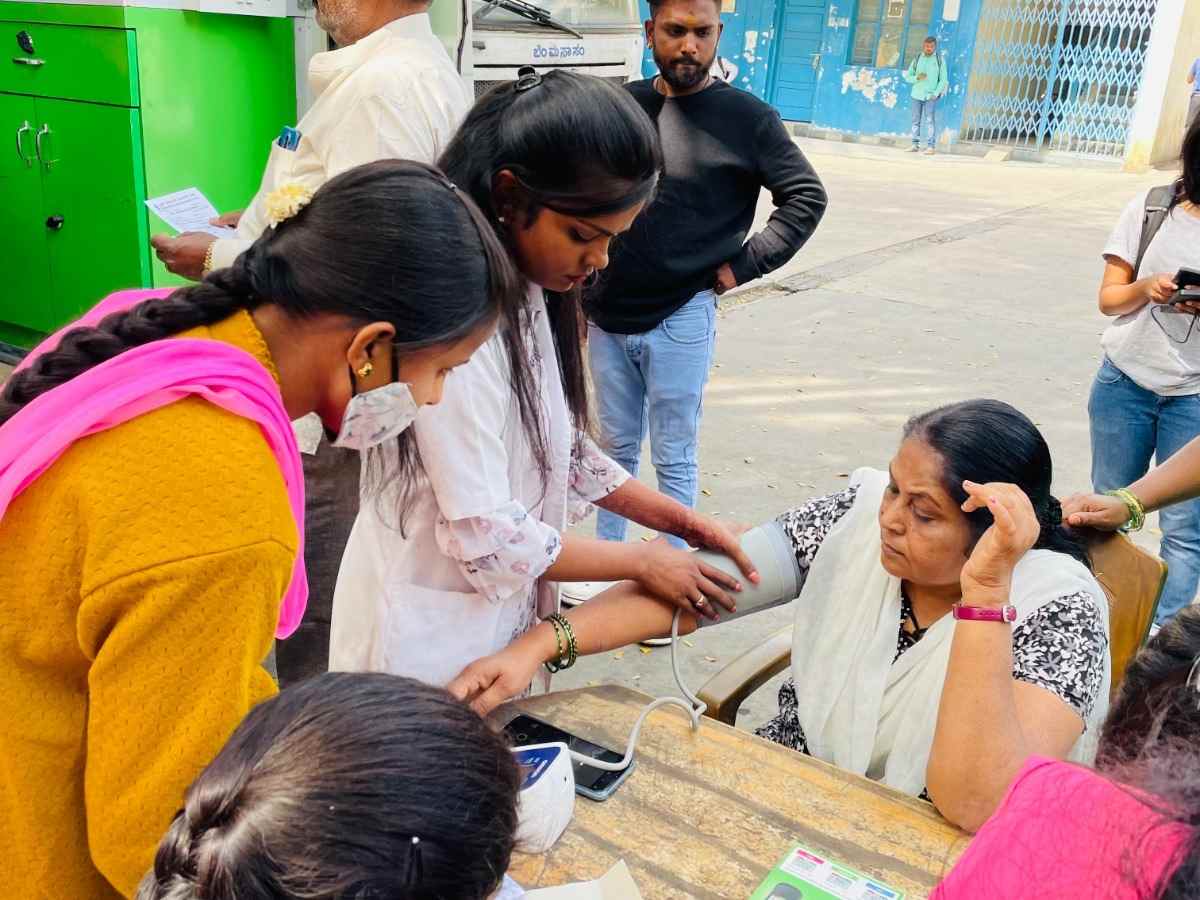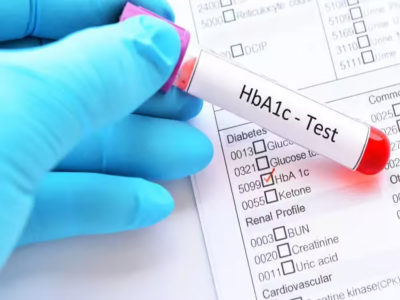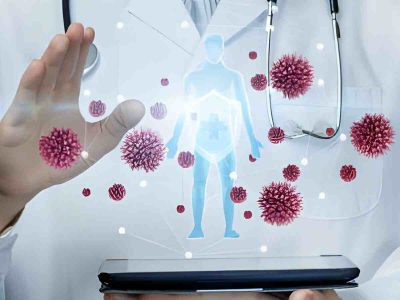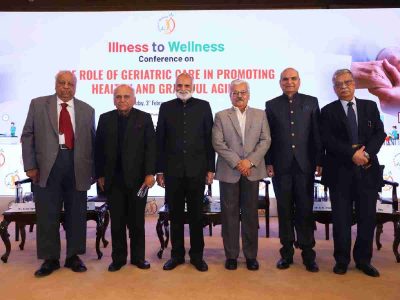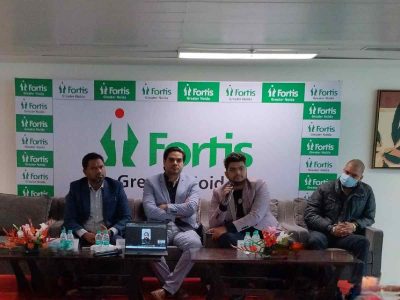In a determined effort to eradicate cervical cancer and promote women’s health, the Aahwahan Foundation has launched an ambitious initiative titled “Protecting Women, Preventing Cervical Cancer” under its larger project, CERVIVOUR. The programme focuses on providing free HPV vaccinations and spreading awareness among women and children in rural and economically disadvantaged areas.
According to the 2021 study by India Human Papillomavirus (HPV) and Related Cancers, India records over 1.23 lakh cervical cancer cases and nearly 77,000 related deaths each year. With limited access to healthcare in rural regions, women and girls from underprivileged backgrounds remain disproportionately affected.
Also read: Smoking and high BP are closely linked; let’s find out why
To bridge this gap, Aahwahan Foundation is providing free HPV vaccinations—each costing approximately ₹12,000—to young girls in schools and colleges. So far, over 17,650 beneficiaries have received the vaccine. The CERVIVOUR initiative aims to vaccinate five lakh women and girls by 2030, with key outreach efforts already underway in Haryana, Karnataka, Maharashtra, Uttar Pradesh, and Kerala.
“This is more than just a vaccination drive. It’s a step towards health equity,” said Braja Kishore Pradhan, Founder and CEO of Aahwahan Foundation. “Our goal is to cover 90% of eligible girls and women in these states, especially from high-risk and underserved communities. We’re currently running awareness campaigns, group counselling sessions, and screening camps to support this vision.”
The foundation is also working with government bodies and medical professionals to conduct baseline studies, identify target populations, and develop location-specific strategies. Regular follow-ups and health education sessions ensure the programme has a lasting impact.
Also read: After life: Organs of 21-year-old brain-dead Delhi woman saves 5 lives
The initiative also fosters a supportive environment for women to discuss reproductive health issues and encourages regular screenings like Pap tests and HPV testing.
For many, the programme is life-changing. “I never knew about cervical cancer or the vaccine until the camp came to our village,” said Ragini, a mother of two girls and a beneficiary of the project. “We could never afford such a vaccine, but this initiative gave it to us for free. My daughters now have a chance at a healthy future.”

